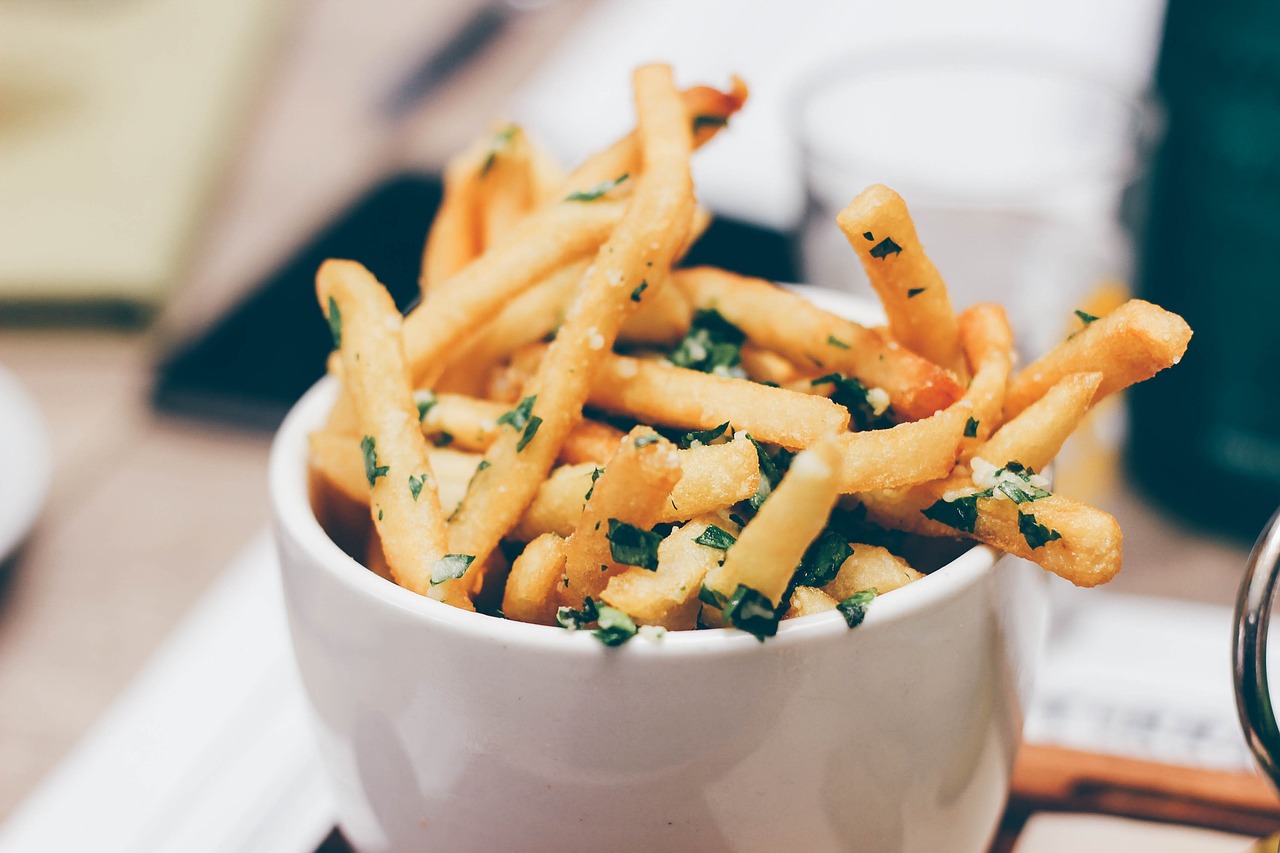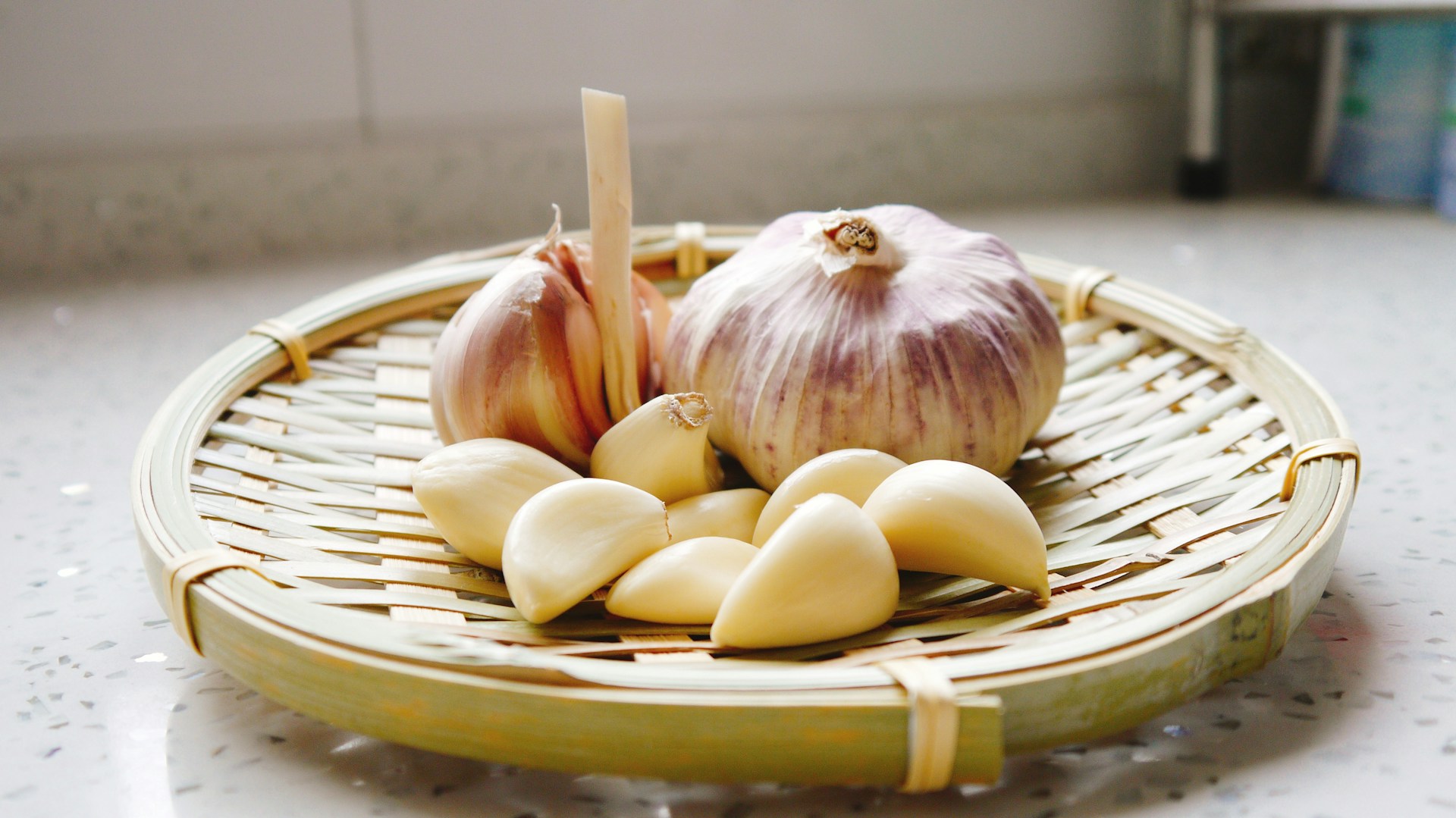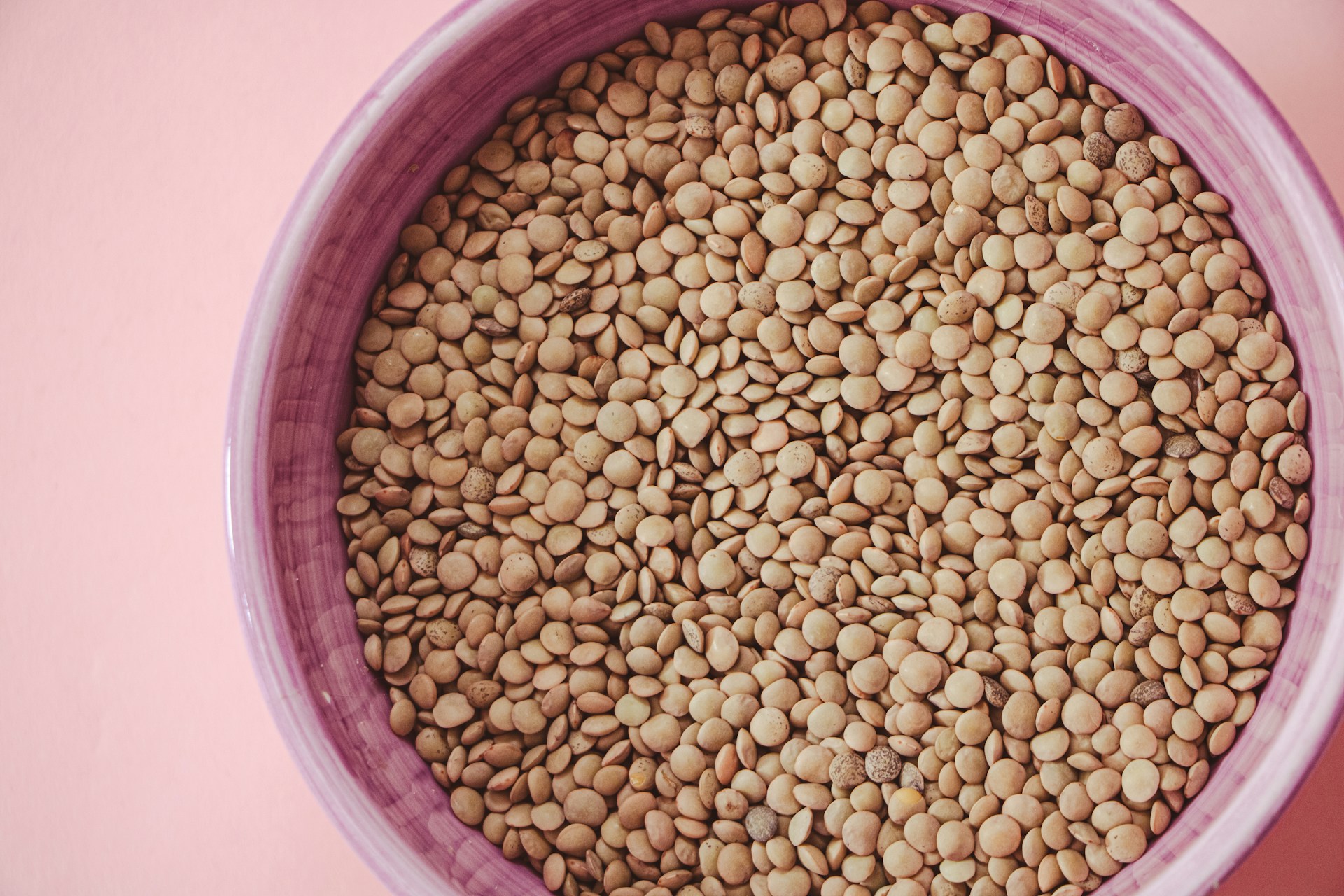It's important that we always keep an eye on what we eat because there can be a lot of health consequences if we don't. For one, diabetes is a serious disease whose risk can be reduced if we start being more wary of what we put into our bodies. To help you gain some knowledge about diabetes, here are 10 foods linked to diabetes that you should watch out for, and 10 superfoods that can help reduce the risk.
1. Processed Meats
Processed meats, such as American favourites like sausages, bacon, and hot dogs, are all very high in sodium and preservatives. As a result, many studies have linked high consumption of these processed meats to an increased risk of type 2 diabetes, possibly due to inflammation and insulin resistance.
2. Trans Fats
Artificial trans fats that are found in common foods like margarines, peanut butter, spreads, creamers, and frozen dinners have been linked to an increased risk of type 2 diabetes. These are associated with inflammation and insulin resistance, two things you definitely want to avoid.
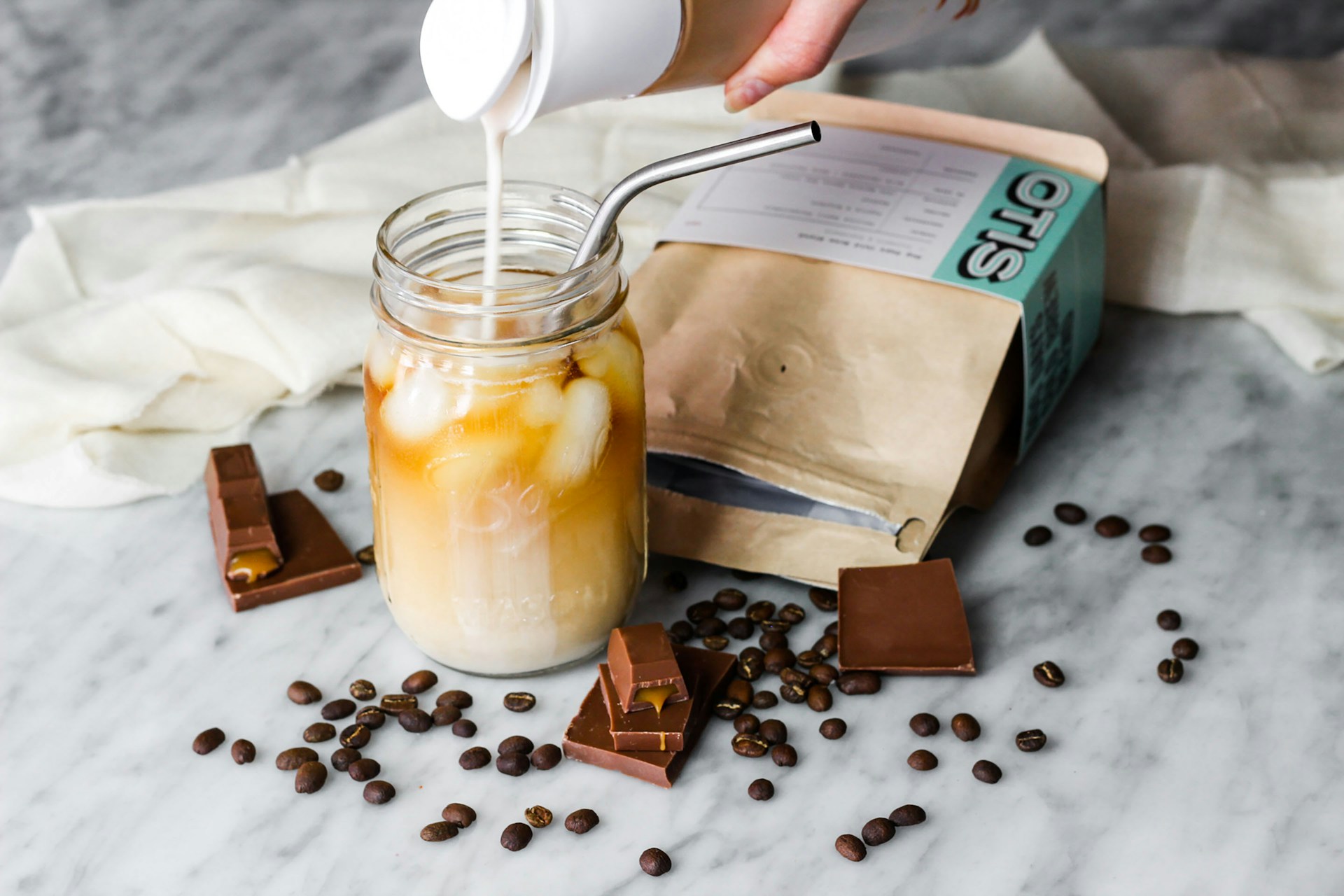 Photo by Rozhita Rasouli on Unsplash
Photo by Rozhita Rasouli on Unsplash
3. White Bread and Rice
Research has shown that refined carbohydrates like white bread and white rice, which have high glycemic indexes, can lead to an increased risk of type 2 diabetes. These foods can cause rapid spikes in blood sugar and insulin levels, which over time, is what can lead to diabetes.
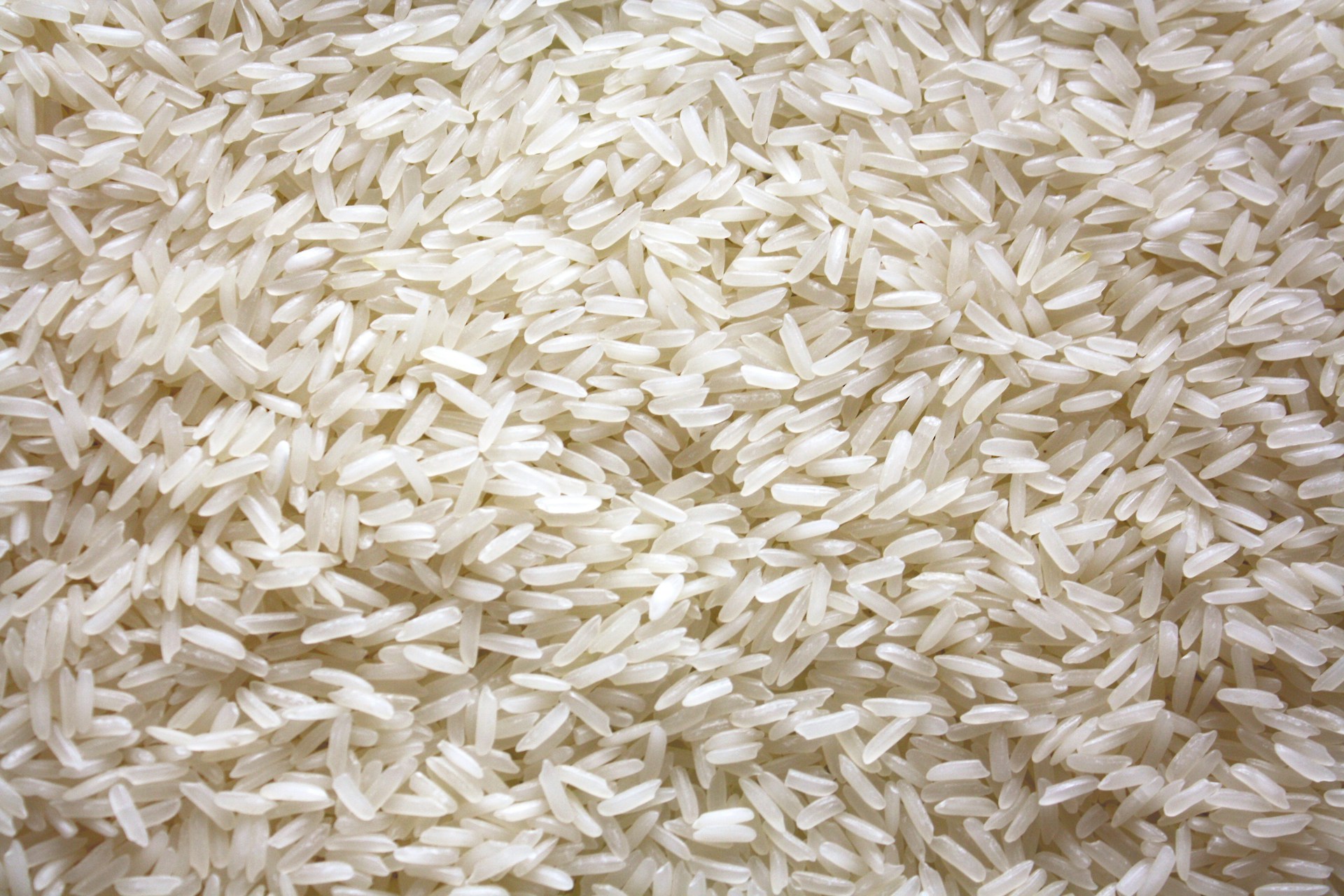 Photo by Kseniya Nekrasova on Unsplash
Photo by Kseniya Nekrasova on Unsplash
4. Fruit-flavored Yogurt
While yogurt can be a healthy choice, it does depend what KIND of yogurt. Fruit-flavoured yogurts (or even worse, yogurts with prepackaged toppings), though sweet and delicious, aren't exactly the best choice. They often contain little fruit and are surprisingly loaded with sugar. Choosing these high-sugar varieties can lead to higher blood sugar and insulin levels, contributing to diabetes risk.
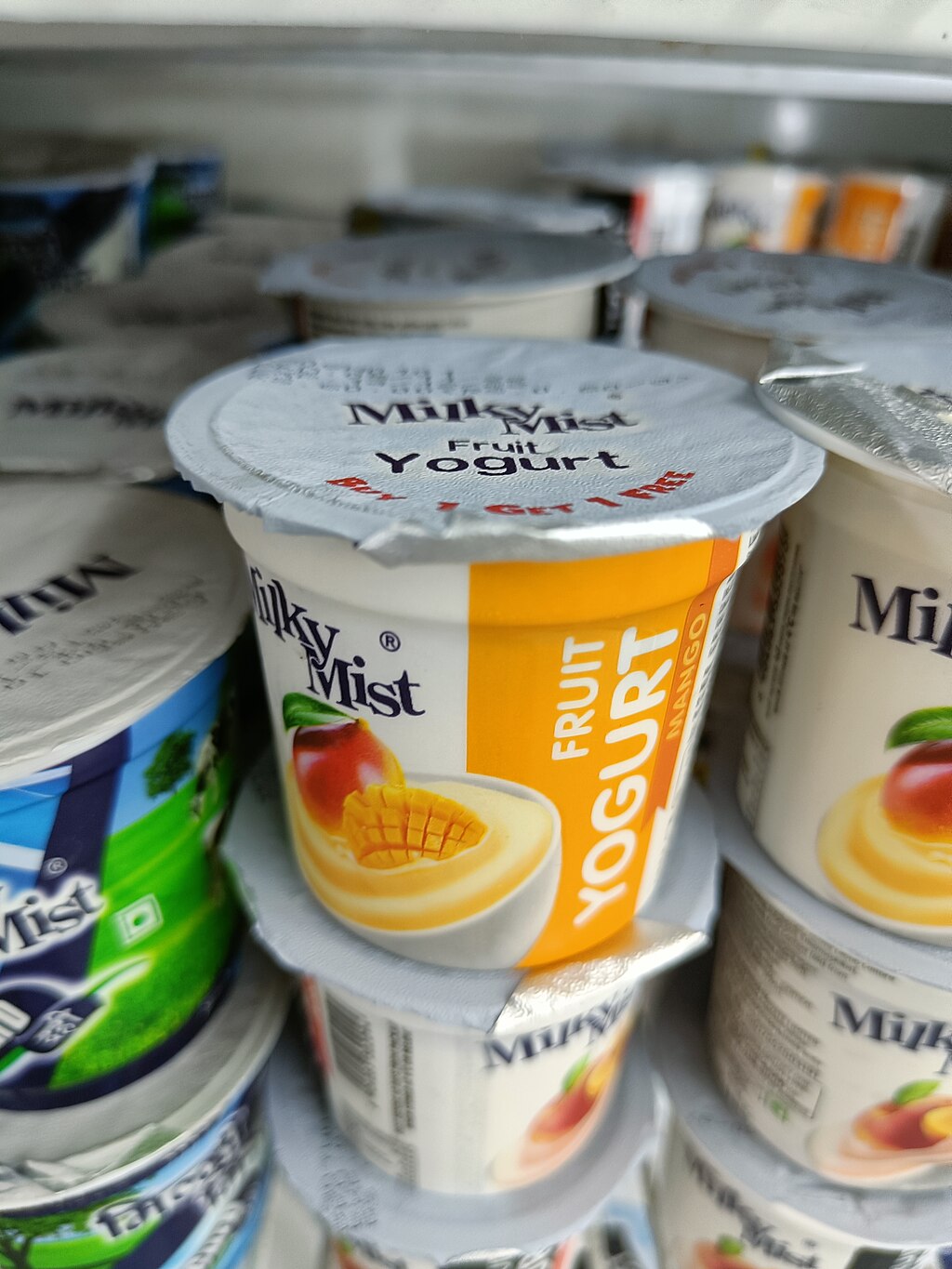 Davidjose365 on Wikimedia Commons
Davidjose365 on Wikimedia Commons
5. Sweetened Breakfast Cereals
Sugary cereals aren't exactly a balanced breakfast. Some people might even call them dessert! Many breakfast cereals are high in added sugar, even those marketed as "healthy!" Eating too much of it can contribute to elevated blood glucose levels, potentially leading to insulin resistance and increasing your risk of getting diabetes.
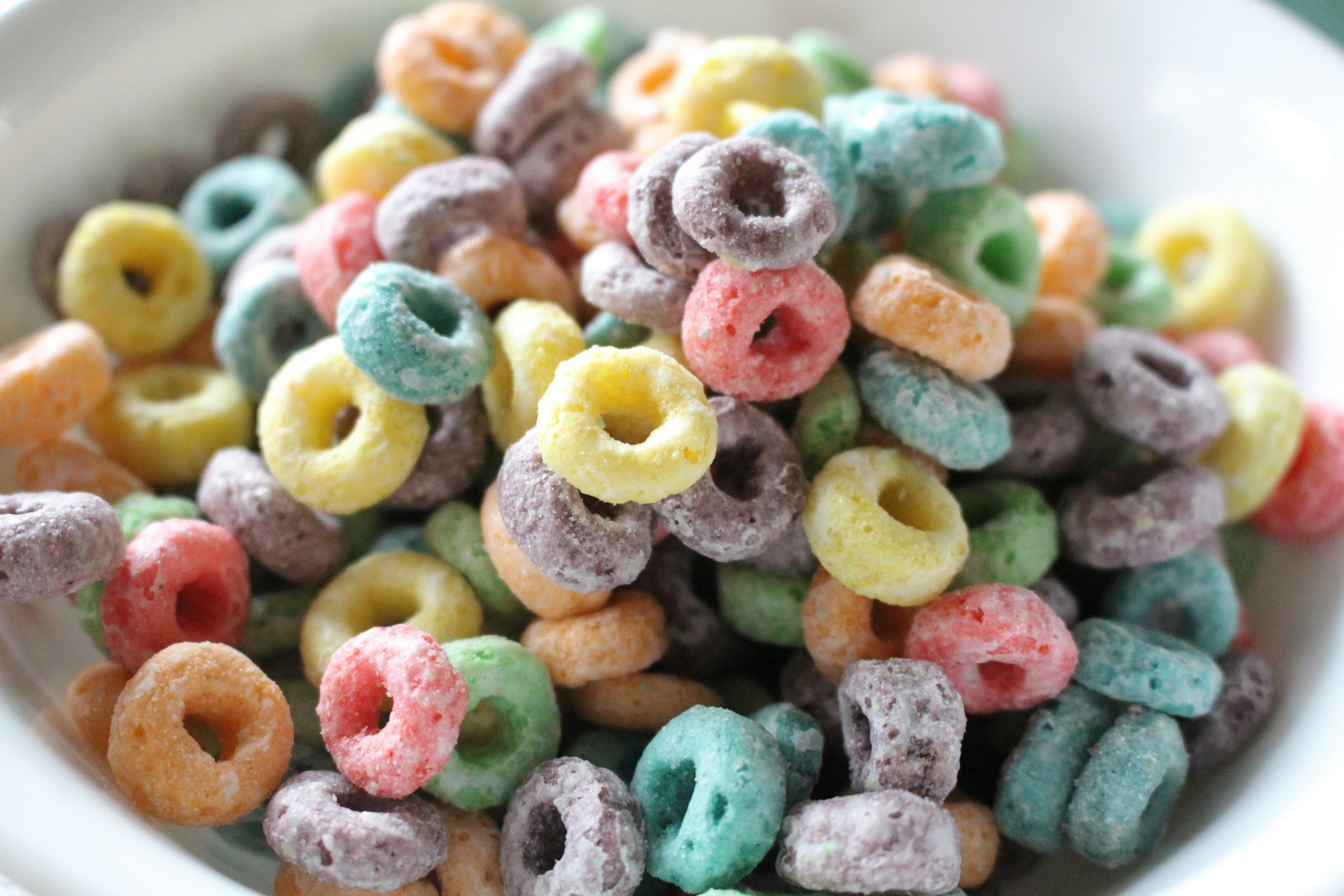 Photo by Haley Owens on Unsplash
Photo by Haley Owens on Unsplash
6. Fried Foods
Sorry, but fried foods need to make an appearance on this list, no matter how much you love them. Fried foods tend to be high in trans fats and saturated fats, both of which can increase the risk of diabetes by promoting inflammation and insulin resistance.
7. Packaged Snacks and Baked Goods
If you've got a sweet tooth, it's important that you keep an eye on your intake. That's because cookies, cakes, and other packaged snacks often contain refined flour, added sugars, and trans fats. Regularly consuming these can contribute to weight gain which in turn also increases your risk of diabetes.
 Photo by Donald Giannatti on Unsplash
Photo by Donald Giannatti on Unsplash
8. Sugary Drinks
Sugary beverages, such as soda, fruit drinks, and sweetened teas, are high in refined sugars and calories, which can lead to weight gain and increased insulin resistance. Regular consumption is strongly linked to an elevated risk of type 2 diabetes. Never forget that liquids count just as much as food!
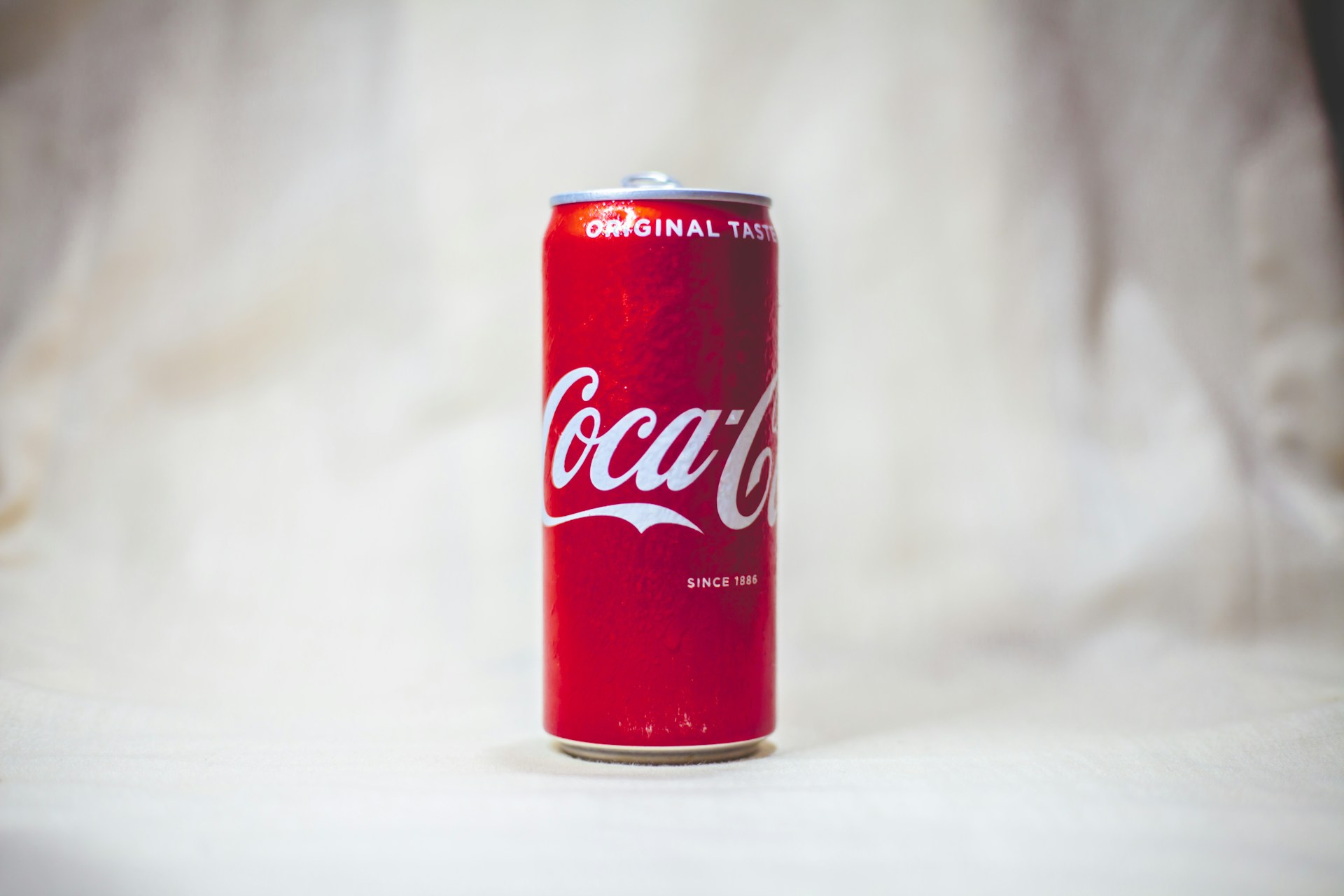 Photo by Deepal Tamang on Unsplash
Photo by Deepal Tamang on Unsplash
9. High-Fat Dairy Products
Whole milk, cheese, and ice cream, especially when consumed in large amounts, can contribute to weight gain and fat accumulation, which may increase diabetes risk. However, moderation and choosing low-fat options can help to mitigate this risk. It's all about being aware of your food choices.
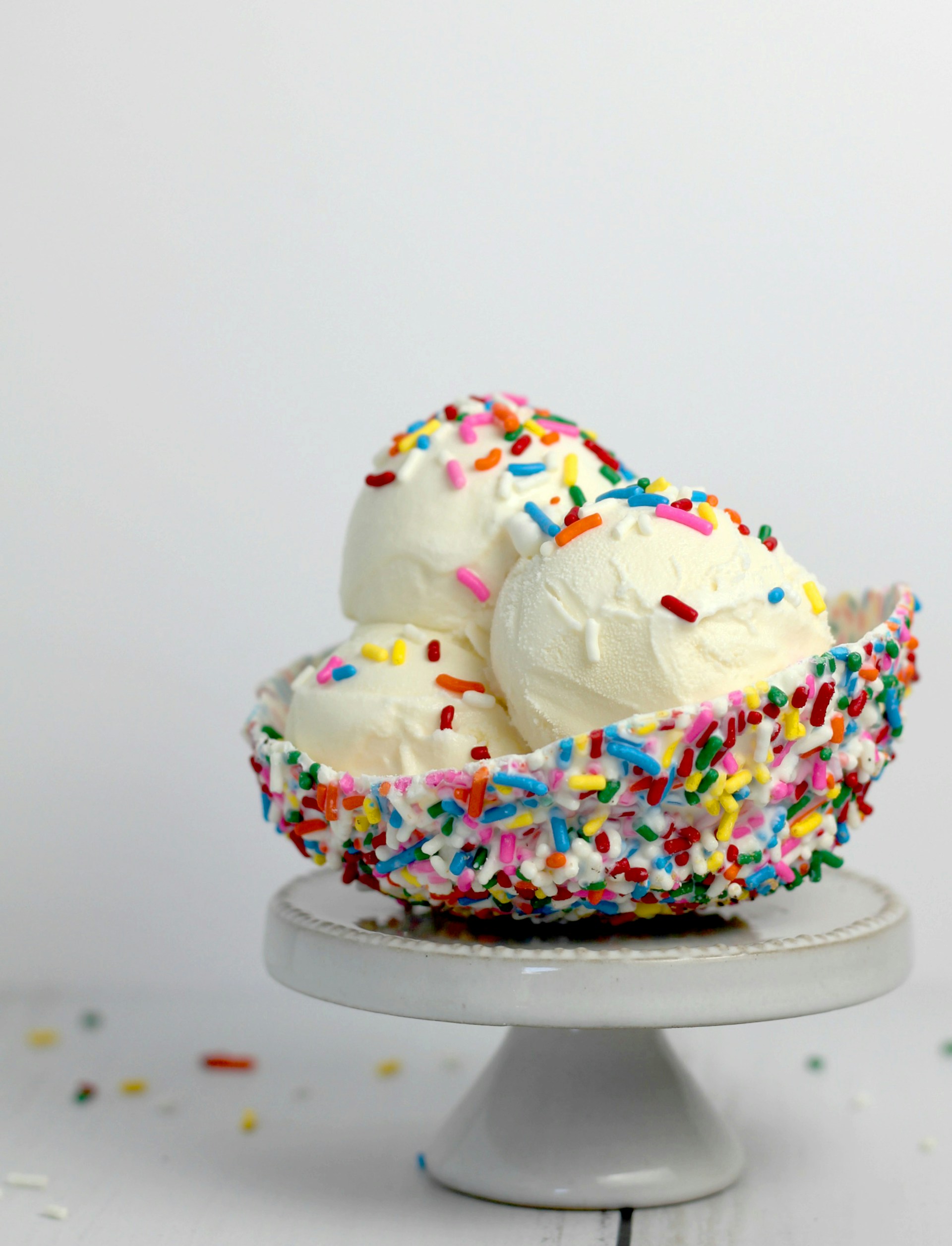 Photo by sheri silver on Unsplash
Photo by sheri silver on Unsplash
10. Alcohol
The relationship between alcohol and diabetes is definitely a complicated one. Moderation is always key, but it's important to note that excessive alcohol intake can lead to weight gain and may increase blood pressure and triglyceride levels, things that contribute to insulin resistance and can create a risk of developing diabetes.
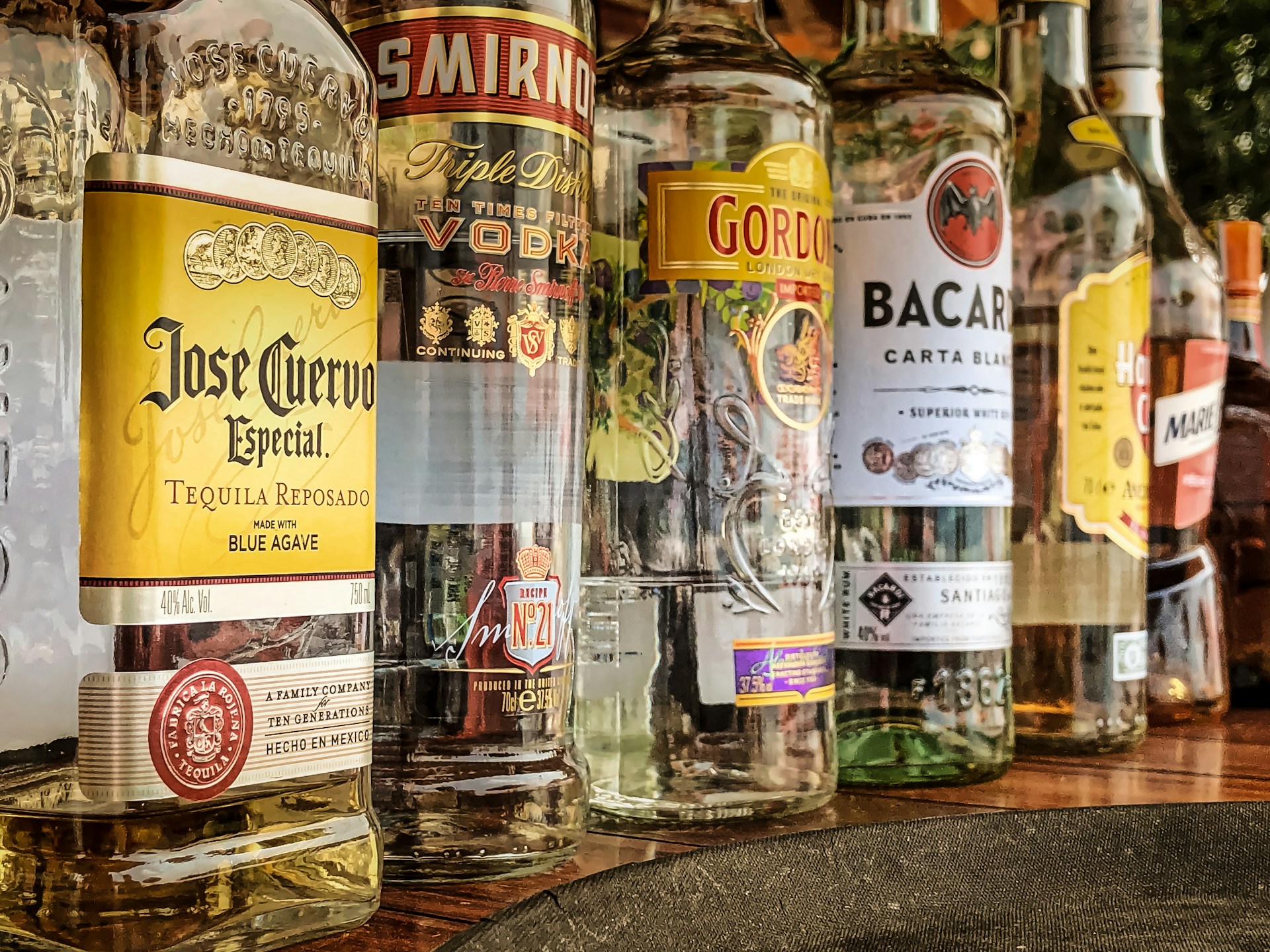 Photo by Andreas M on Unsplash
Photo by Andreas M on Unsplash
1. Whole Grains
Swap out your white bread and white rice for whole grain options! Whole grains like oats, quinoa, barley, and brown rice all contain high levels of fiber and nutrients that can help regulate blood sugar levels. Simply consuming whole grains instead of refined grains can already improve your insulin sensitivity and reduce your risk of type 2 diabetes. It's a small change that has major positive impacts!
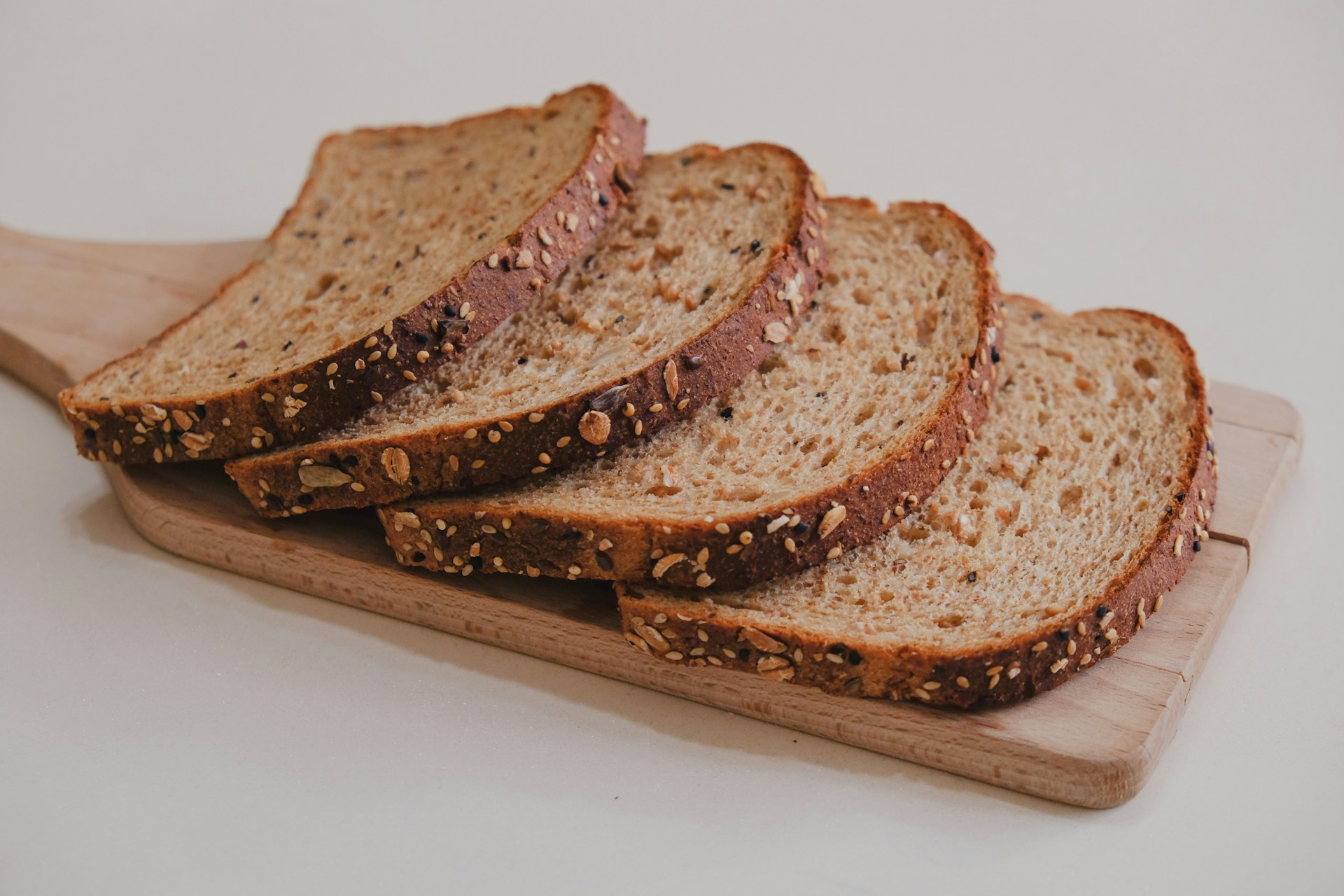 Photo by Young Shih on Unsplash
Photo by Young Shih on Unsplash
2. Non-Starchy Vegetables
Non-starchy vegetables like broccoli, cauliflower, peppers, and asparagus can have some seriously magical health benefits. They're low in calories and carbohydrates, but high in fiber, vitamins, and minerals. Thanks to their high nutrient density and low glycemic load, it makes them excellent for helping you maintain stable blood sugar levels and reducing the risk of type 2 diabetes.
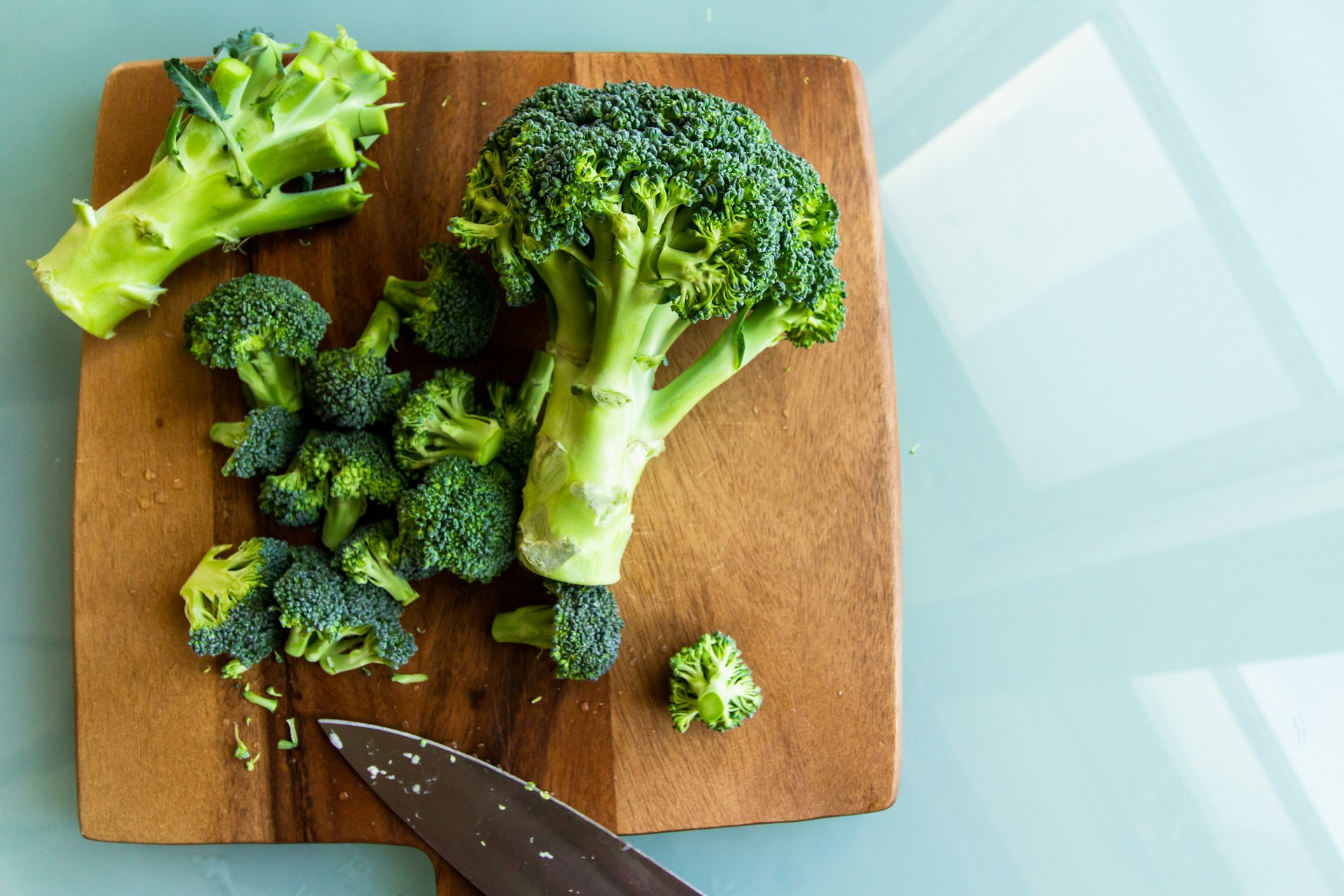 Photo by Louis Hansel on Unsplash
Photo by Louis Hansel on Unsplash
3. Nuts and Seeds
Nuts and seeds, from everything including almonds, walnuts, flaxseeds, and chia seeds, are rich in fiber, healthy fats, and magnesium, all of which contribute to stable blood sugar levels and reduced diabetes risk. Great as a quick snack or for topping on your plain greek yogurt, there are plenty of ways to incorporate these foods into your diet.
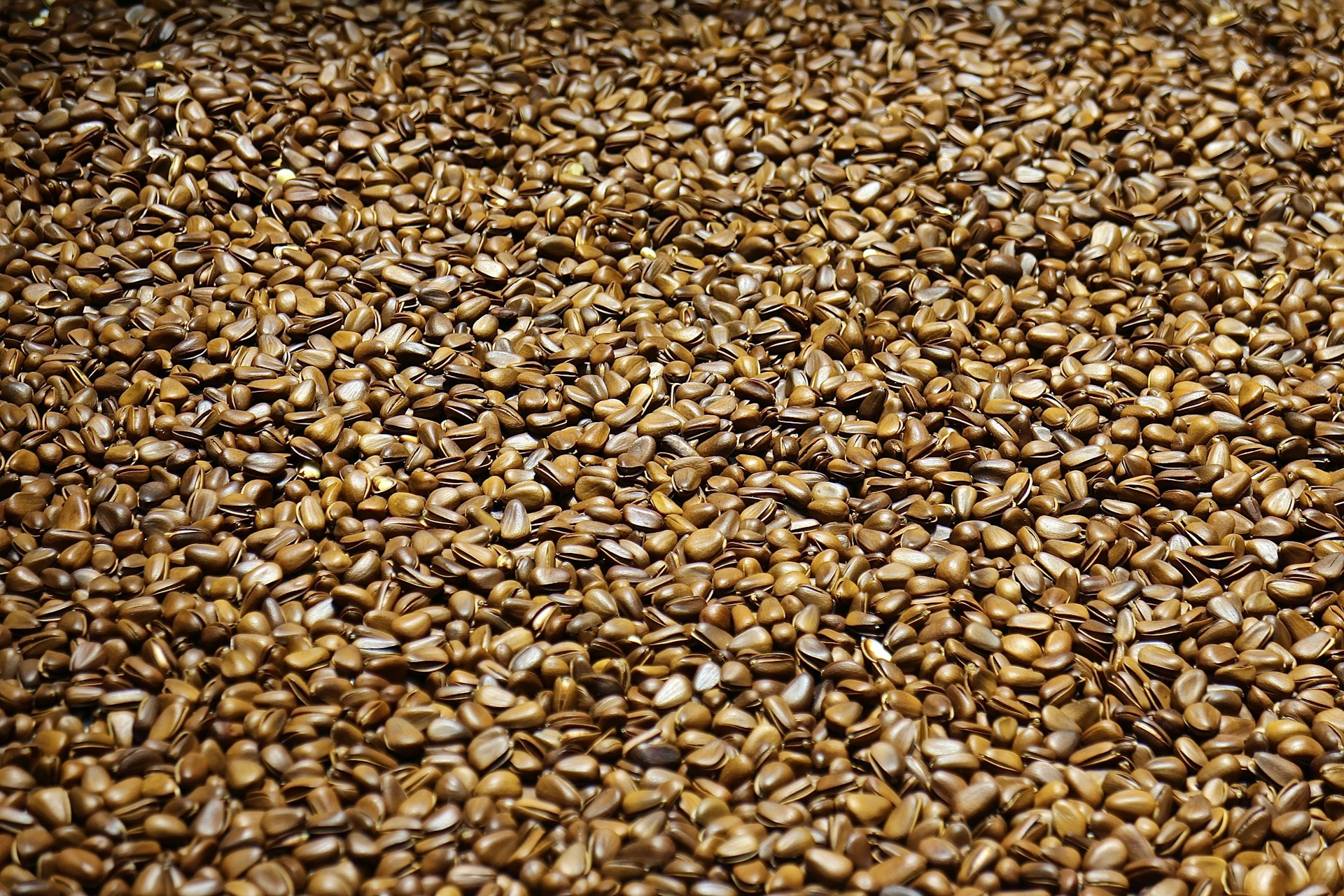 Photo by Amber Shadow on Unsplash
Photo by Amber Shadow on Unsplash
4. Garlic
Garlic is renowned for being an amazing super food that has potent anti-inflammatory and antioxidant properties. Research suggests that it can help lower and maintain blood sugar levels and increase insulin sensitivity, leading to a reduced risk of type 2 diabetes in the process.
5. Fatty Fish
Fatty fish such as salmon, mackerel, sardines, and herring are loaded with omega-3 fatty acids ("healthy" fats) that may help reduce inflammation and improve insulin sensitivity, lowering the risk of diabetes.
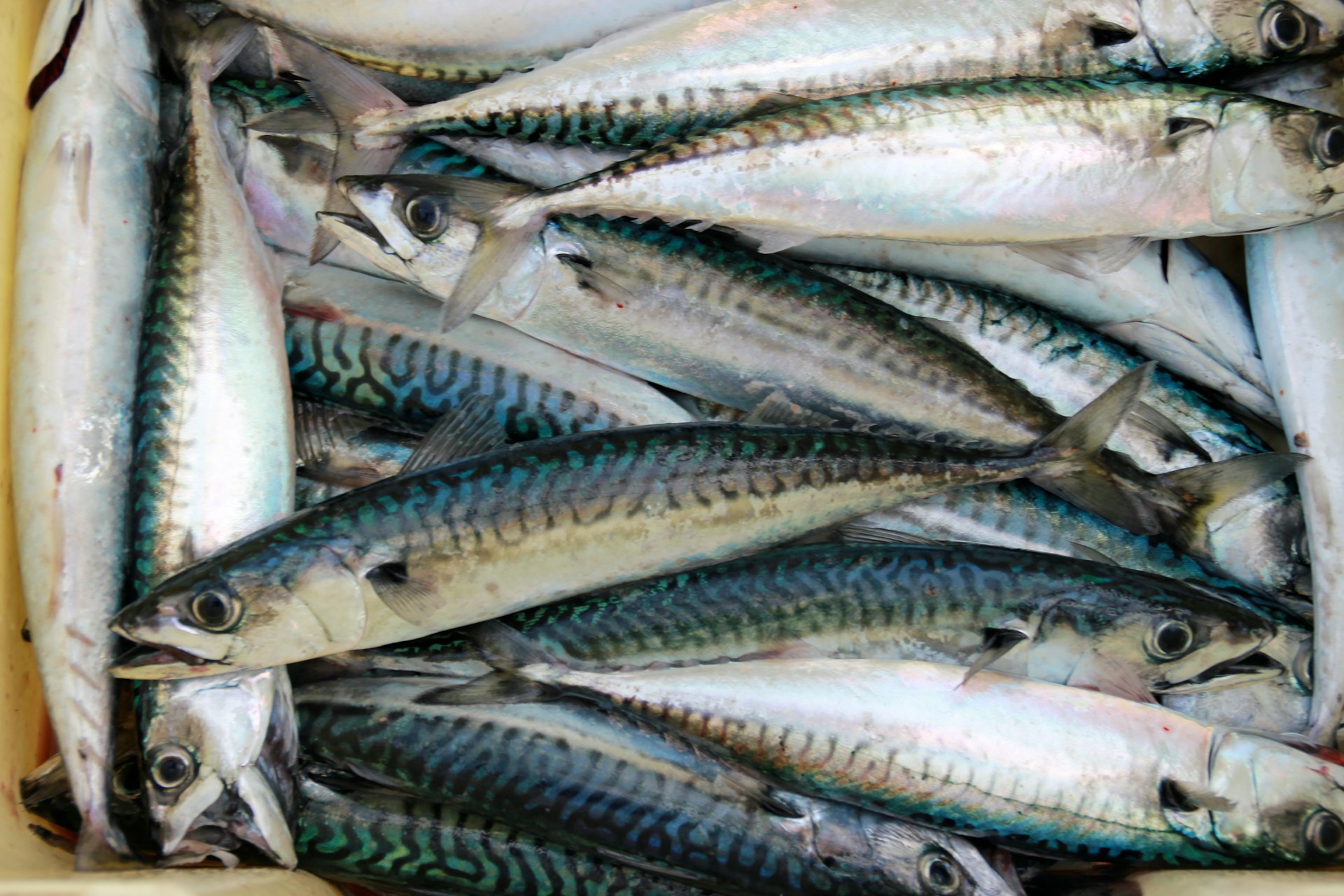 Photo by Edouard Dognin on Unsplash
Photo by Edouard Dognin on Unsplash
6. Berries
Perfect on their own or as toppings for your oatmeal or yogurt, berries have wonderful health benefits that can help lower your chance of getting diabetes. Blueberries, strawberries, and raspberries are all packed with antioxidants, vitamins, and fiber, with their low glycemic index helping to improve blood sugar and insulin response. They're incredibly beneficial for diabetes prevention!
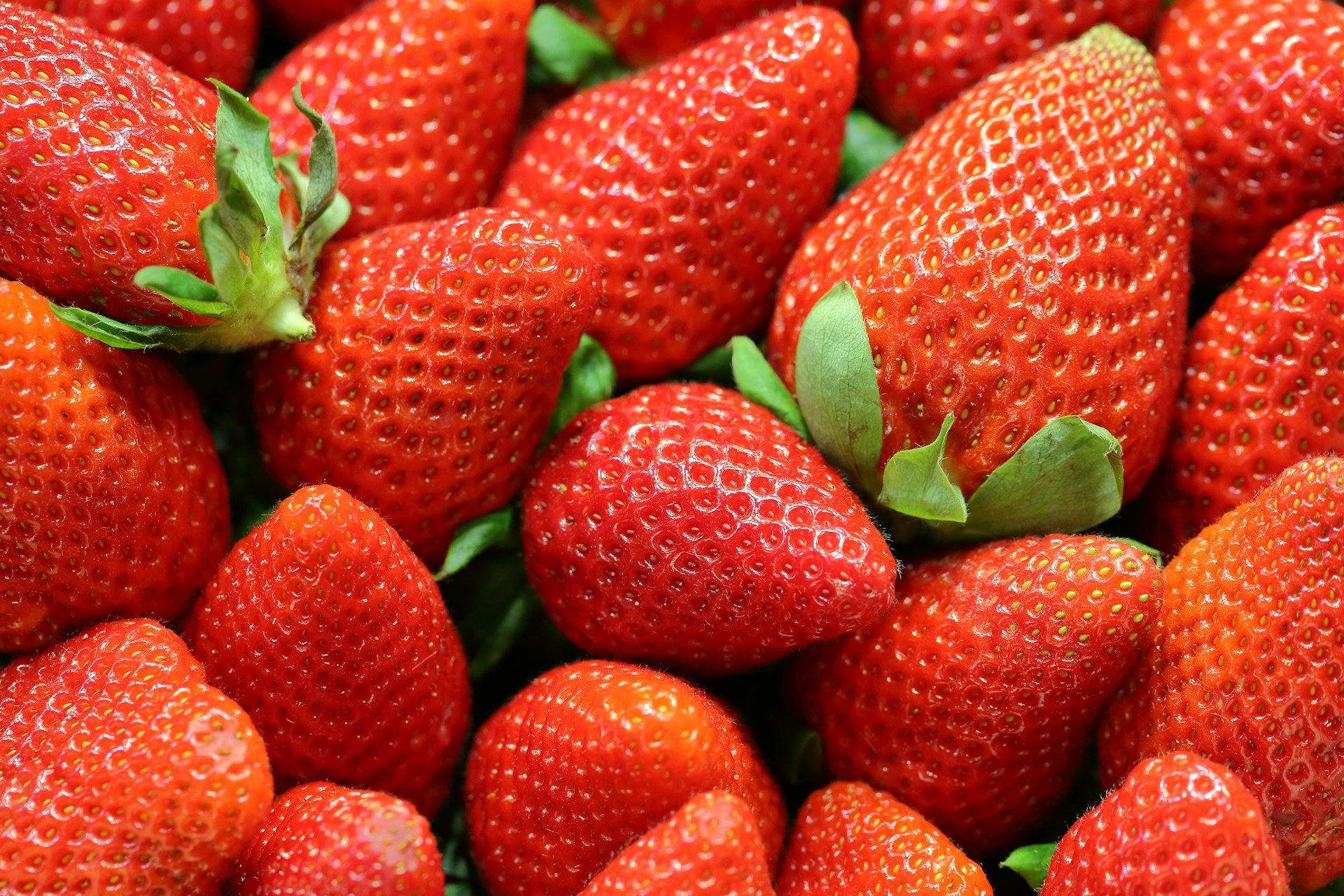 Photo by Maksim Shutov on Unsplash
Photo by Maksim Shutov on Unsplash
7. Oatmeal
Start your day off on the right note with some good ol' oatmeal. Oatmeal, particularly the less processed steel-cut or rolled oats, is a great source of complex carbohydrates and soluble fiber, particularly beta-glucan. This type of fiber has been shown to improve insulin sensitivity and lower blood sugar levels. Eating oatmeal regularly can be a heart-healthy way to start the day, keeping you full for longer and aiding in the prevention of type 2 diabetes by maintaining stable blood sugar levels and aiding in weight management.
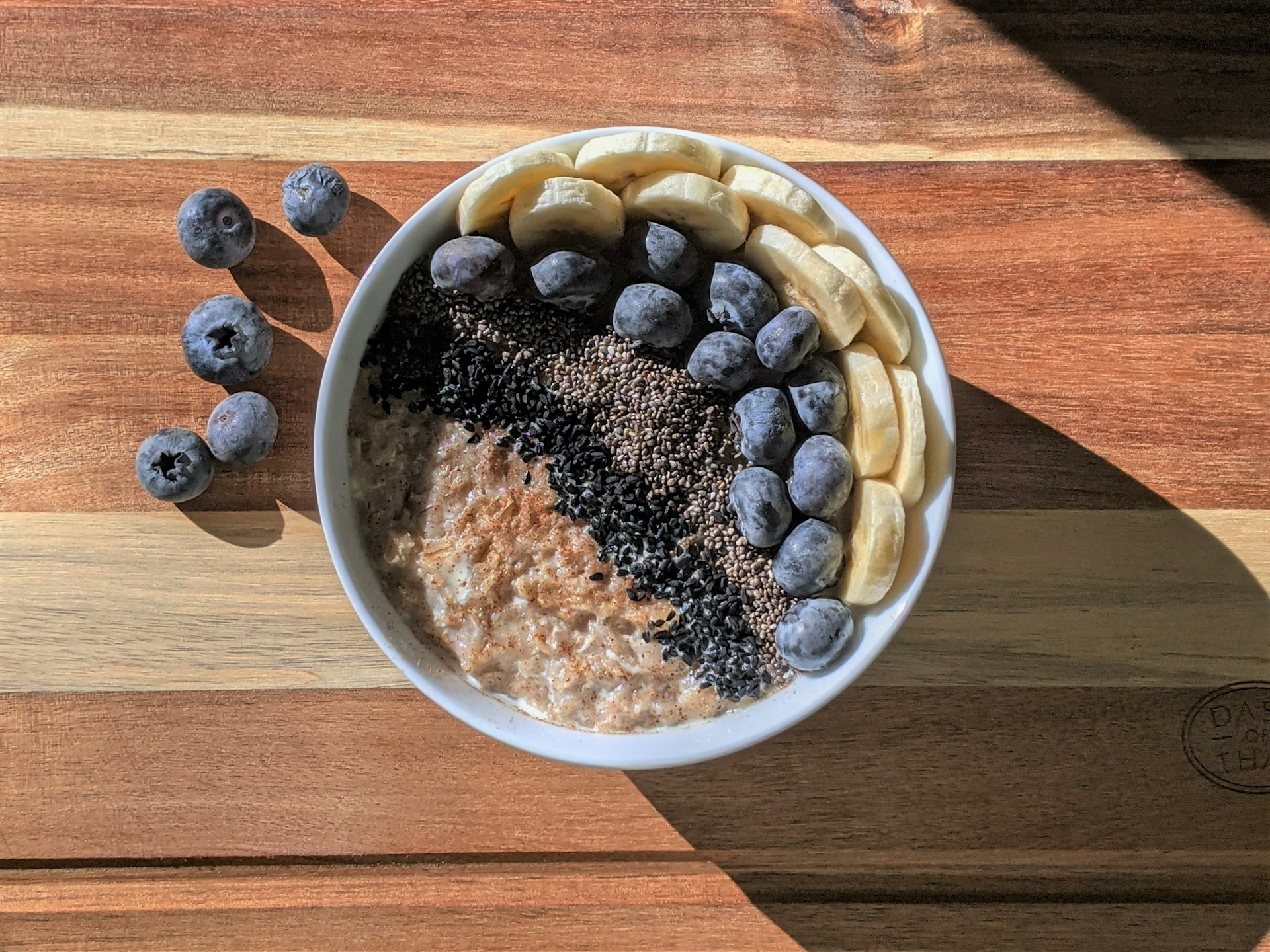 Photo by Susan Wilkinson on Unsplash
Photo by Susan Wilkinson on Unsplash
8. Yogurt (Plain)
Plain yogurt, especially Greek yogurt, is rich in probiotics, calcium, and protein. It may promote weight management and improve blood sugar control, reducing the risk of type 2 diabetes. Just be careful to look at the nutritional facts to make sure you're getting one without too much added sugars.
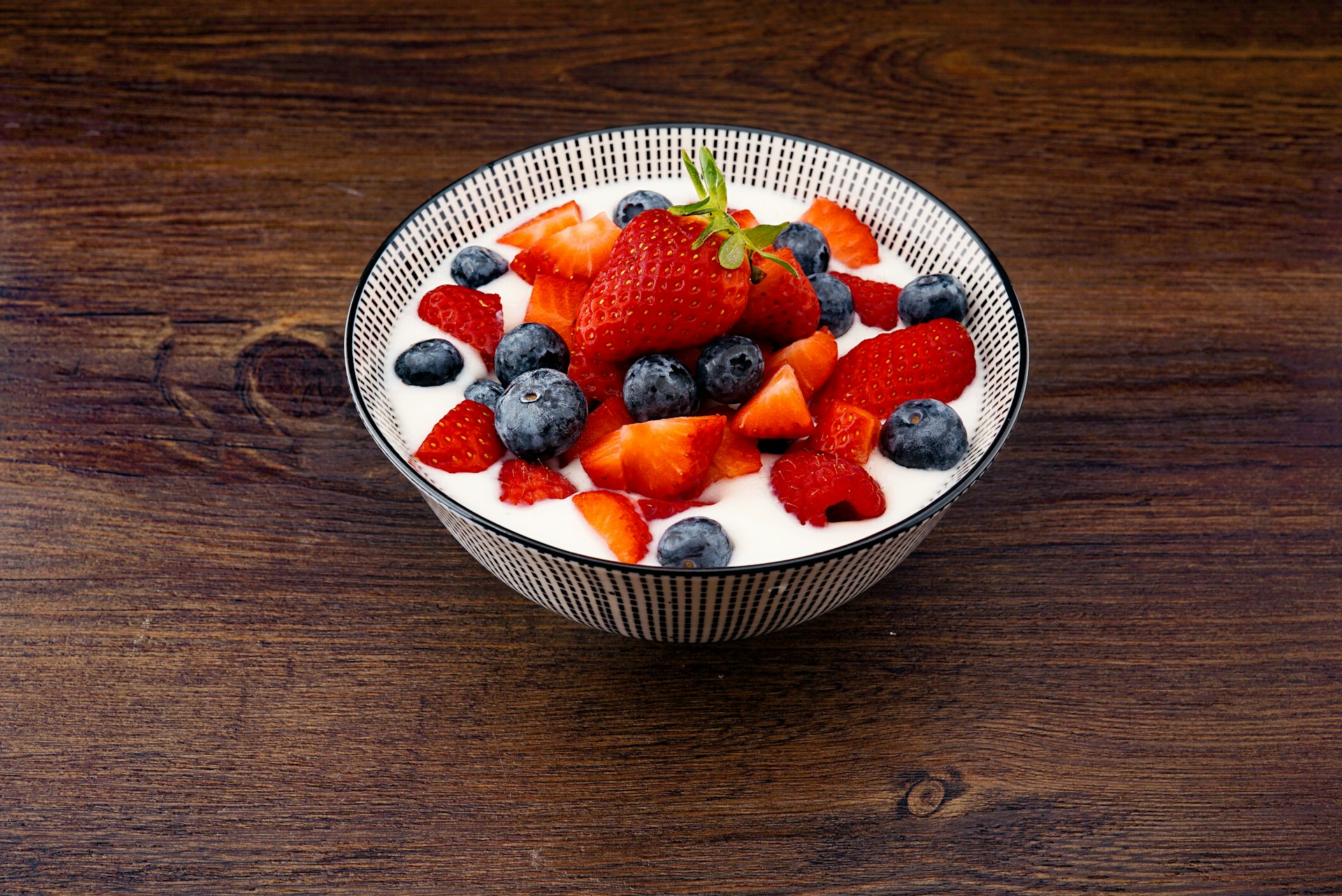 Photo by Wesual Click on Unsplash
Photo by Wesual Click on Unsplash
9. Extra Virgin Olive Oil
Here's a unique one: did you know extra virgin olive oil can be great in the fight against diabetes? Rich in monounsaturated fats and antioxidants, these healthy fats can help you better process the sugars in your food. As a result, consumption of this oil has been associated with improved blood sugar control and a lowered risk of type 2 diabetes.
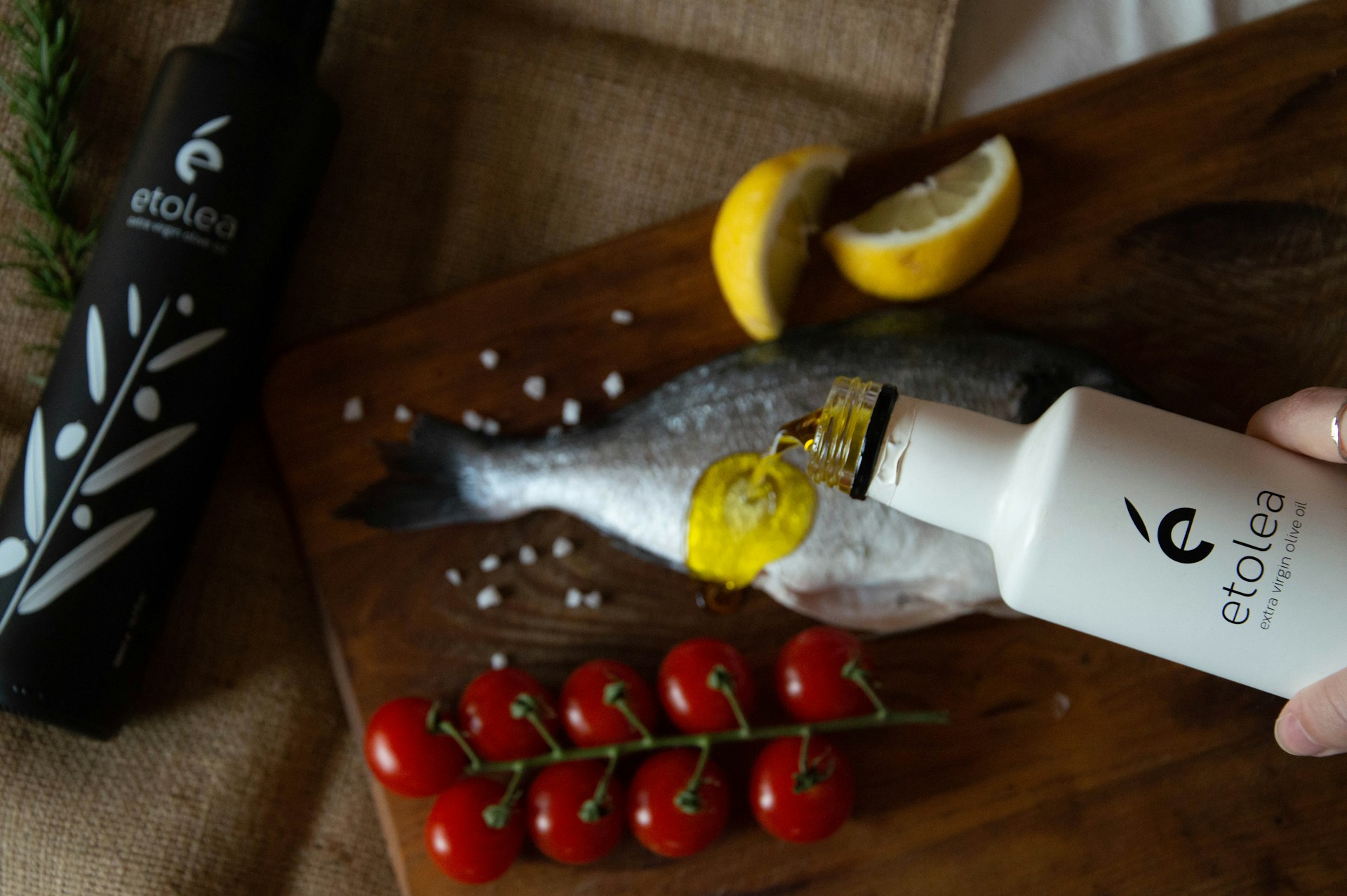 Photo by Etolea extra virgin olive oil on Unsplash
Photo by Etolea extra virgin olive oil on Unsplash
10. Beans and Legumes
Beans, lentils, and other legumes are excellent sources of plant-based protein and fiber, making them beneficial for blood sugar control and insulin sensitivity, thereby reducing the risk of diabetes. Try and incorporate these superfoods into your diet as much as you can!
KEEP ON READING




